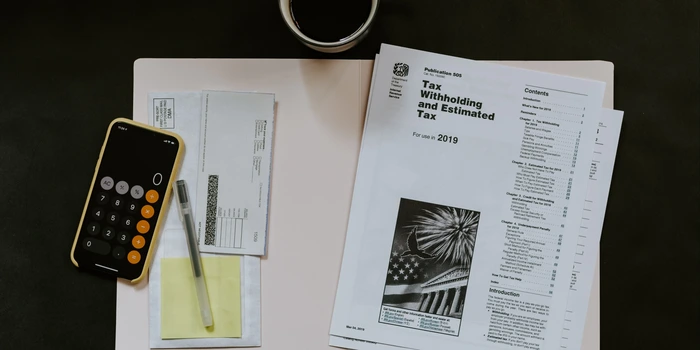Being a self-employed individual might make managing your business taxes a difficult task. Unlike employees, gig workers and small company owners must comprehend the tax laws and figure out how to maximize their tax deductions. It may be a challenging procedure that requires thoughtful preparation. However, if you have access to the right information and assistance, you might maximize tax benefits and reduce your tax filing costs.
The first step to maximizing your tax deduction is to get familiar with the several deductions that are accessible to you as a self-employed individual. All company expenditures, including rent, utilities, and office supplies, are deductible. Also eligible for a home office deduction may be employees who work from home. You can use this deduction to cover a portion of your housing expenses if you conduct most of your business from your home. Because the IRS offers a variety of methods for calculating this deduction, each of which has the potential to affect your tax refund, it’s essential to understand which strategy is best for you.

Health insurance costs are another substantial deduction available to self-employed people. If you pay for your own health insurance, you can claim a tax deduction for the cost of the premiums. Additionally, there are a number of medical expense deductions that you could be eligible for, such as those for long-term care insurance, medical equipment, and other things.
Keeping up with your bookkeeping is an extra vital component that will help you optimize your deductions. This requires keeping track of all of your expenditures for the whole fiscal year, as well as any receipts, bills, or other financial records. You can make sure you can take full advantage of all the deductions that are available to you by doing this when it’s time to file your taxes.
Self-employed individuals could find it particularly difficult to understand how to deduct property taxes. The property types belonging to you may mean you qualify for a variety of various tax deductions. If you rent office space, for example, you could be qualified to deduct a percentage of your rent payments. Furthermore, if you own property that you use for your business, such as a vehicle or other equipment, you might be able to deduct depreciation or other costs from your income.
To take full advantage of these property tax breaks, it’s essential to keep your records organized and to be well informed of the rules governing each deduction. Claiming a home office deduction for a portion of your living space, for example, can seem enticing, but the tax authority might protest. The particular requirements for claiming a home office deduction must be understood and satisfied, instead.
A typical mistake made by self-employed persons is to not claim all of the tax deductions to which they are eligible. People who are just starting their businesses or are unfamiliar with tax regulations may find this to be particularly challenging. One way to avoid this issue is to work with a tax professional who is familiar with self-employment taxes. You may get help from a professional to file your taxes, identify any issues, and understand the deductions you are eligible for.
As a self-employed person, there are a few essential steps you must do to ensure a quick and simple process while filing your taxes. First and foremost, keep thorough records of every penny you spend on business during the whole year. You’ll be able to compute your deductions more easily and ensure that you’re exercising all of your legal alternatives by doing this.
Consider using a tax professional’s assistance to go through the procedure in the second place. Even while it is possible to file your taxes independently, the process can be difficult and confusing, especially if you are unfamiliar with the pertinent tax laws. An expert may provide sage direction and counsel, ensuring that you’re taking all necessary safeguards to lower your tax bill and boost your savings.

Last but not least, if you’re a self-employed person, keep up with any changes to tax laws that could affect you. It’s important to understand how changes in tax laws may affect your ability to write off costs or otherwise lower your tax liability because tax laws are frequently changed.
To summarize, maximizing a self-employed person’s tax deduction requires meticulous planning, attention to detail, and knowledge of tax laws. Being well-organized, maintaining complete records, and seeking the advice of a tax professional when necessary can help you make the most of the deductions that are available to you and ensure that your taxes are filed successfully and swiftly. By taking the necessary actions, you may lower your tax liability and keep more of your hard-earned money for yourself.
